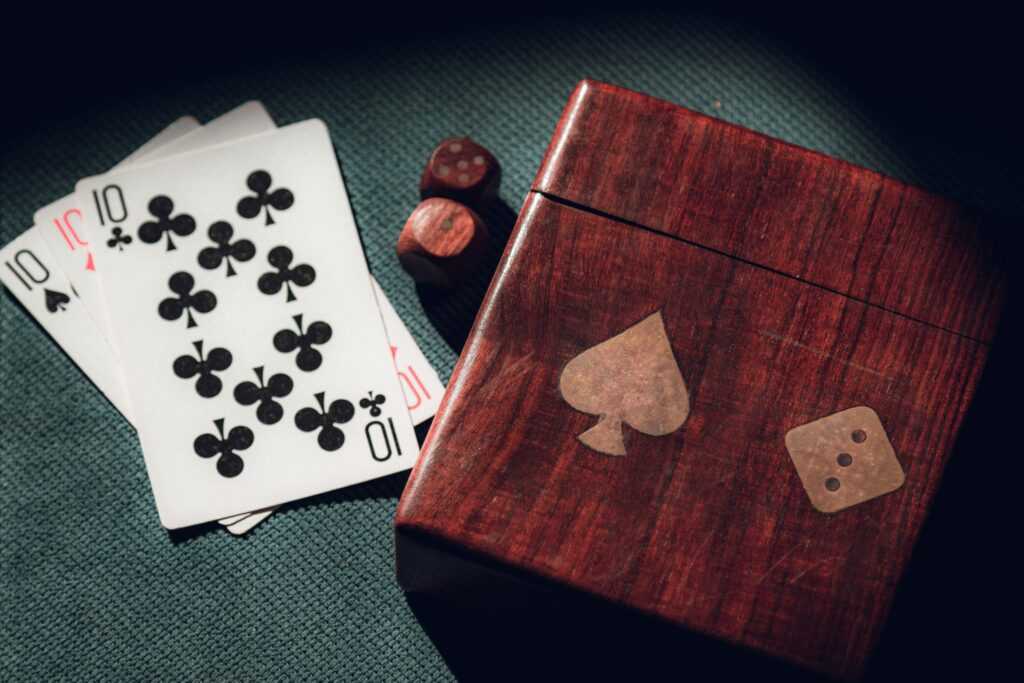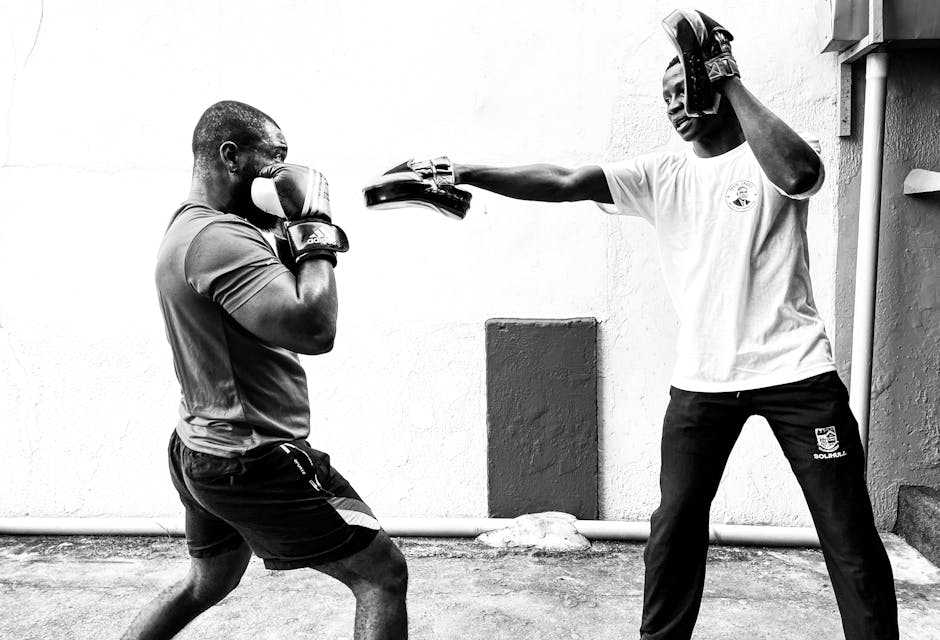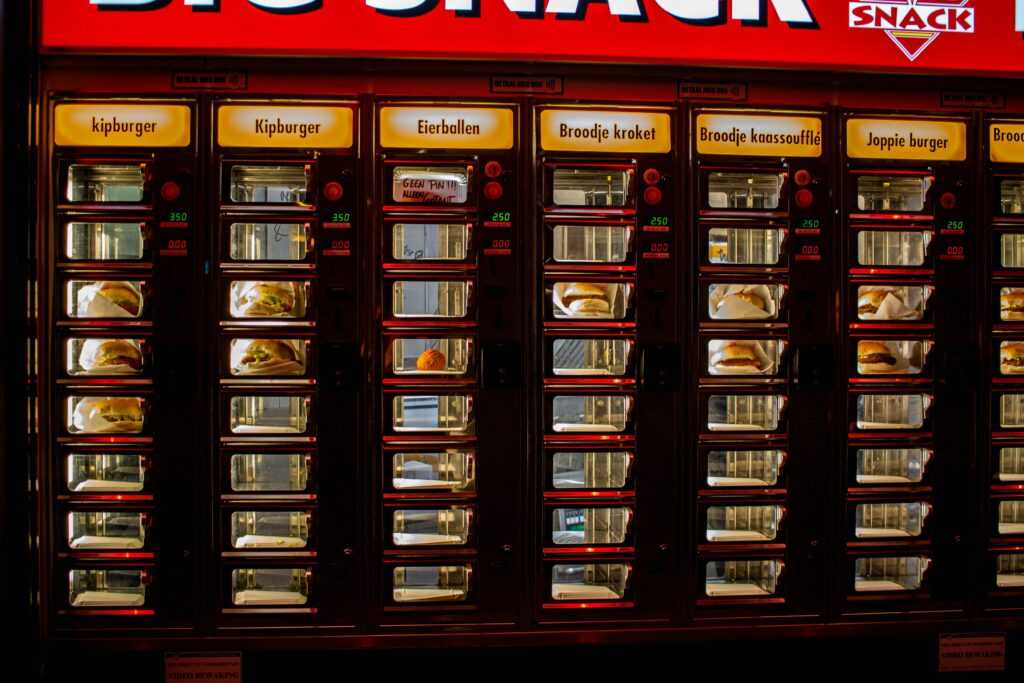Introduction: Why Strategy Trumps Luck
Blackjack isn’t roulette. It’s not slots, either. Unlike most casino games where outcomes are entirely left to chance, blackjack gives players actual control. Every decision you make—when to hit, when to stand, double down, or split—shifts your odds, even if just a little. That edge adds up.
Here’s the scoop: the house will always have an edge—that’s how casinos stay in business. But in blackjack, that edge shrinks dramatically when you play smart. We’re talking going from a 5% house edge in careless play down to as little as 0.5% when using solid strategy. That’s a huge deal.
Still, way too many people treat blackjack like a guessing game. They stare at their cards, hope for a face card, maybe pray a little. But that’s not the game. Blackjack rewards consistency, not hope. If you understand the math and stick to a plan, you’re not just gambling—you’re making informed bets with measurable advantages.
Know the Core: Basic Strategy Essentials
Basic strategy is the backbone of winning blackjack. It’s not guesswork, vibes, or crossing your fingers—it’s a time-tested, mathematical approach to making the best move in every situation. If you ignore it, you’re handing the house an even bigger edge. If you stick to it, you cut their edge down to nearly nothing.
Here’s the core idea: your hand and the dealer’s upcard determine your next move. If you’ve got 16 and the dealer’s showing a 10, you hit. If you’ve got a pair of 8s and the dealer’s flashing a 6, you split. The decisions aren’t made on feel—they’re made on probability, studied over millions of hands.
Double down when the math says the odds are on your side—like having 11 when the dealer shows a weak card (say a 5 or 6). Stand when your hand is solid and the dealer is more likely to bust. Hit when your total is too low to win without risking another card.
The easiest way to get this right? Use a strategy chart. You don’t have to memorize it like scripture (though it helps over time). Keep a small one in your pocket or pull it up on your phone if you’re playing online. Most casinos don’t care. Those grids tell you exactly what move gives you the best chance to win—down to the last card.
Smart players aren’t guessing. They’re following the math. Do that, and you’re not just playing—you’re actually playing smart.
Card Counting: What It Is and What It’s Not
Card counting gets a bad rep, mostly because Hollywood turned it into this mythical, brainiac hustle. In reality, it’s just keeping track of high cards and low cards as they come out of the deck. You’re not memorizing every card. You’re observing patterns to know when the odds swing in your favor.
Here’s the ultra-simplified version: decks with more high cards left (like tens and aces) favor the player. So if you keep a simple count, you can raise your bets when the count is hot and pull back when it’s cold. That’s it. No genius required.
Why does it work? Because blackjack isn’t played with an infinite number of cards. What gets dealt changes what’s left. Card counting leans into that fact, giving disciplined players a slight edge—if they know what to do with it.
Casinos, unsurprisingly, don’t like it. It’s not illegal, but it’s also not welcome. They can—and often do—ask counters to leave, blacklist them, or make the game harder with rule changes or reshuffling tactics.
The most famous method is the Hi-Lo system. It’s the one most players start with, assigning +1 to low cards (2–6), 0 to middle cards (7–9), and -1 to high cards (10s, aces). Add and subtract as cards are dealt, and you’ll get a running count. Divide that by the number of decks left, and you’ve got your true count. That’s the signal.
Other systems get fancier, but Hi-Lo covers the essentials. If you’re new, keep it simple. Less flash, more edge.
Bankroll Management: Don’t Just Play—Plan
Before you even take a seat, decide your limits. Set a session cap that you’re comfortable losing—and stick to it. This isn’t about fear; it’s about staying in control. Blackjack can swing fast, and without a firm ceiling, it’s easy to chase losses deeper than you meant to go.
But it’s not just about the money numbers. Track your sessions—yes, your wins, but more importantly, your decisions. Were you disciplined? Did you deviate from basic strategy? Over time, this self-audit tells you more than any single hot run ever will.
Here’s the truth: bankroll management separates serious players from weekend gamblers. The consistent winners aren’t just “lucky”—they’re playing the long game. They know variance hits everyone, but how you ride the wave defines your outcome. Plan, log, review. That’s how you tilt the odds in your favor—even before the first hand is dealt.
Myth-Busting: What Not to Do
Let’s get this out of the way: blackjack insurance is a bad bet. Most of the time, it’s not protection—it’s a side wager with terrible odds, favoring the house. If you’re not counting cards and betting with statistical insight, insurance just eats your bankroll faster. Smart players pass.
Same goes for the idea of a “hot” table or believing in winning streaks. The cards don’t know you’re on a roll, and past hands don’t shape future ones. Blackjack is about math, not momentum. The moment you start thinking the table is due—or that you are—you’re already off-track.
And chasing losses? That’s the fast lane to broke. Every session should have two numbers locked in before you ever buy chips: your win goal and your loss limit. When you hit either, you walk. No negotiating with yourself, no doubling down to get even. Discipline is your last line of defense.
In short: skip the myths. Stick to the facts. The game rewards those who play it clean.
Final Edge: Mindset & Discipline
When it comes to blackjack, technical knowledge isn’t enough. Your mindset and emotional control play just as crucial a role as knowing when to hit or stand. The most successful players stay composed and focused from the first hand to the last. Here’s how to sharpen your mental game:
Stay Mentally Sharp
Fatigue clouds judgment. When you’re tired, you misread cards, overlook patterns, and make impulsive choices. Blackjack demands both patience and alertness.
- Limit your playing sessions to avoid burnout
- Take breaks regularly—even 5 minutes of rest can reset your focus
- Don’t play when you’re emotionally or mentally drained from outside stress
Keep Emotions in Check
Blackjack is a game of probability, not emotion. Winning or losing streaks can throw off your focus if you’re too emotionally invested in the outcome.
- Don’t let frustration push you into risky hands
- Celebrate wins modestly—avoid overconfidence
- Stay neutral whether you’re up or down
Prioritize Long-Term Consistency
One big win can boost your bankroll. But one rash decision can erase hours of good play. The real edge comes from making consistent, disciplined choices over time.
- Stick to your strategy—even in losing cycles
- View each hand as part of a larger session, not an isolated chance to “win big”
- Build habits that focus on sustainability, not short-term thrills
Developing a solid mindset may not feel as exciting as learning advanced techniques. But it’s what separates casual players from consistent winners. Discipline turns information into results.
Bonus Resource: Expand Your Winning Toolkit
Blackjack Skills Go Beyond the Table
If you’ve been sharpening your blackjack strategy, you’re already building critical discipline that can apply to other forms of gambling. Whether you’re analyzing odds, managing a bankroll, or spotting patterns, these principles carry over—especially in areas like sports betting.
Here’s how blackjack strategy supports overall betting success:
- Discipline-driven thinking: Staying patient and avoiding emotional decisions is just as valuable in sports betting as it is at the card table.
- Risk assessment: Just as you judge whether to hit or stand based on odds and dealer position, you learn to place smarter bets using probability—not hunches.
- Bankroll control: Budgeting your play in blackjack helps you avoid overextending yourself in any betting environment.
Want to Take It Further?
Explore how strategic thinking in blackjack can inform better habits across the board in gambling. For a deeper dive into building betting discipline, check out this related read:
Secrets of Successful Sports Betting: Tips and Tricks
Knowledge and consistency drive long-term success—not wild guesses or streaks of luck.
Wrap-Up: Keep It Smart, Keep It Simple
Blackjack isn’t a guessing game—it’s a system. The players who win more than they lose aren’t lucky. They’re steady. They’ve done the work ahead of time: learning the basic strategy, managing their bankroll, ignoring distractions and half-truths from the table next to them.
When you play with discipline and clarity, you shift the edge. It doesn’t mean you beat the house every hand. It means, over enough time, you make smarter moves than the average player—and that adds up. The people chasing streaks or betting on hunches? They’re funding your stack.
So treat blackjack like the game of decisions that it is. Play deliberate. Tune out the noise. Stick to your plan. That’s how calculated action wins.


 Nealsuner Williams contributes to GambleFitnessSplash with articles that dive into fitness, gaming, and modern tech. With a passion for exploring how innovation impacts daily routines, Nealsuner helps readers discover smarter ways to integrate wellness and responsible play.
Nealsuner Williams contributes to GambleFitnessSplash with articles that dive into fitness, gaming, and modern tech. With a passion for exploring how innovation impacts daily routines, Nealsuner helps readers discover smarter ways to integrate wellness and responsible play.

